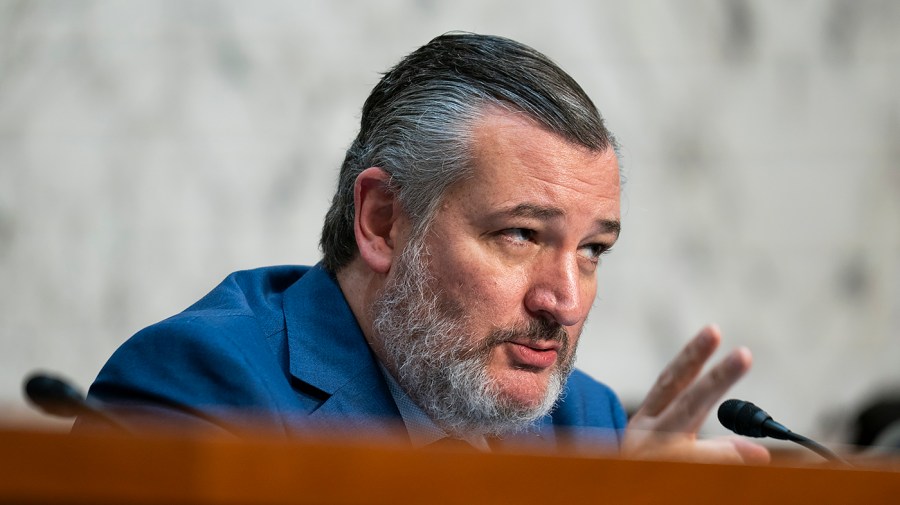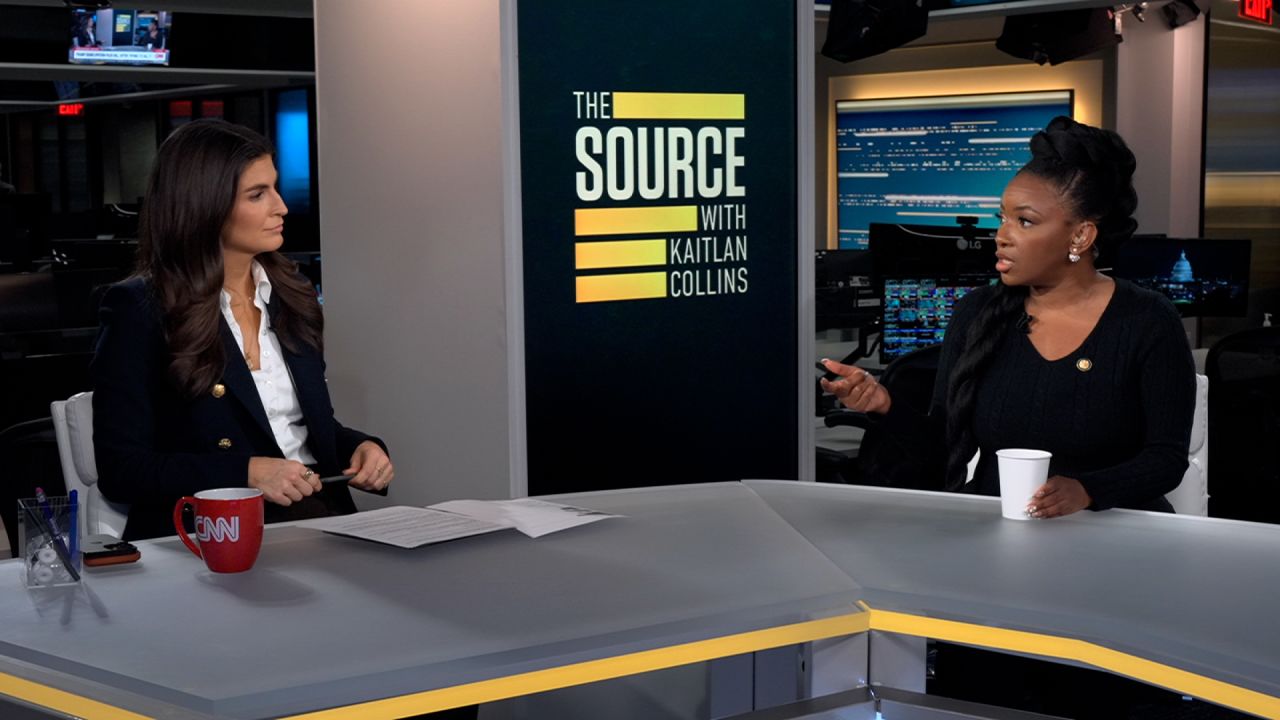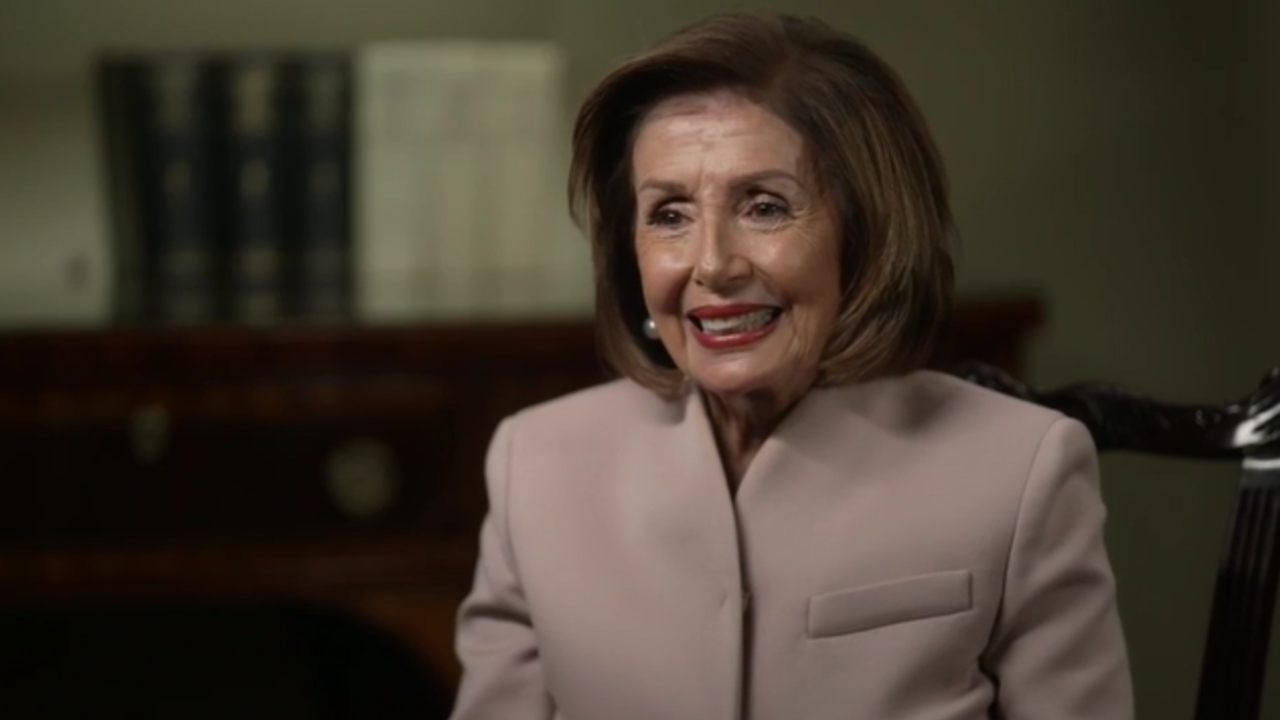Republicans Launch National School Choice Program with Key Loopholes

A significant development in the U.S. education landscape occurred when Republicans successfully passed the Educational Choice for Children Act (ECCA), a national school choice program. Signed into law by President Donald Trump on March 1, 2024, this legislation aims to reshape how educational funding is allocated across the nation. However, the passage has sparked controversy due to an added provision that allows Democratic-led states to opt out of the program, potentially limiting its impact in regions where school choice advocates had hoped to make significant inroads.
The ECCA enables tax credits for individuals and corporations that contribute to nonprofits providing educational scholarships for students seeking alternatives to traditional public schools. This initiative is designed to cover a range of expenses, including tuition, fees, tutoring, and necessary educational supplies for students enrolled in public, private, or religious schools. It can also fund transportation, room and board, and computer equipment.
In a passionate address prior to the Senate vote, Sen. Ted Cruz emphasized the importance of school choice, declaring, “School choice is the civil rights issue of the 21st Century. Every child, regardless of race or wealth or ethnicity, deserves access to an excellent education.” His remarks underscored the belief among advocates that expanded educational options are crucial for all families.
Despite the enthusiasm from some quarters, the addition of an opt-in clause means that governors can choose whether to participate in the program and which scholarship organizations are eligible. Joshua Cowen, an education policy professor at Michigan State University, noted that this new provision could create political challenges in states with divided governments. “There’s going to be enormous political pressure from these organizations to push governors, whether they’re Democrats or Republicans, to opt into this,” he explained.
The ECCA’s financial implications are substantial. Initial estimates from Congress’s Joint Committee on Taxation suggest that the program will cost between $3 billion and $4 billion annually, a figure likely to increase over time. Notably, the cap on total federal spending for the program, originally set at $5 billion, has been lifted, allowing for potentially unlimited federal investment. In contrast, a limit of $1,700 was established on the amount an individual can donate to qualify for the tax credit.
In what many see as a setback for school choice advocates, the legislation’s opt-in feature could restrict its effectiveness, particularly in blue states. Robert Enlow, president and CEO of EdChoice, expressed a mix of optimism and concern, stating, “I would phrase it this way — not to be a naysayer, which I’m not — I’m excited about it. So we at EdChoice are excited that more families have more options, except, I would say, Congress took a big swing at school choice and hit a single in this program.”
Opponents of the legislation, including Sen. Bernie Sanders, have voiced strong objections. Sanders criticized the potential for creating a two-tiered education system that favors the affluent, stating, “One thing we should certainly not be doing is creating a two-tier education system in America.” His sentiments reflect concerns that the ECCA could exacerbate existing disparities in educational access, particularly in rural areas and among students with disabilities.
The political landscape surrounding the ECCA is complicated. In North Carolina, Senate leader Phil Berger has pledged to ensure participation in the program, despite the opposition from Democratic Governor Josh Stein. Berger tweeted, “I will write legislation to enable North Carolina to take part in President Trump’s School Choice Plan, allowing taxpayers to write off contributions to organizations that fund private school scholarships.”
As the ECCA begins to take effect, both proponents and opponents of school choice will be closely monitoring its implementation. Concerns remain regarding its impact on public schools and the potential erosion of protections for religious institutions. John DeJak, director for the Secretariat of Catholic Education for the U.S. Conference of Catholic Bishops, highlighted fears related to the removal of language that previously guaranteed operational freedom for religious schools participating in the program.
The future of the ECCA hinges on the regulatory process that will follow its enactment. As the program goes through Treasury rules, education stakeholders will gain clarity on its practical implications in states across the country.
With strong divisions evident, the debate over school choice is set to continue, influencing educational policy and funding for years to come. As the political landscape evolves, the ramifications of this legislation will likely resonate far beyond the immediate future.






